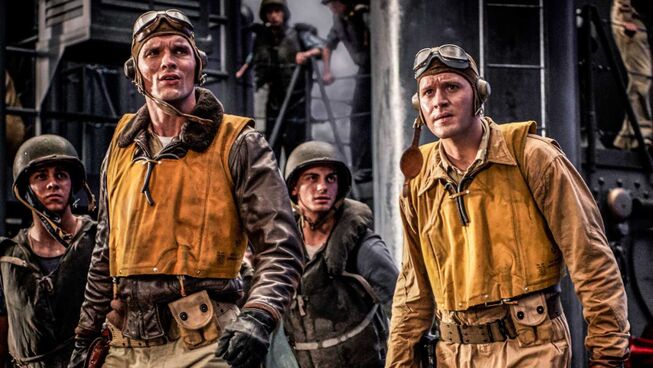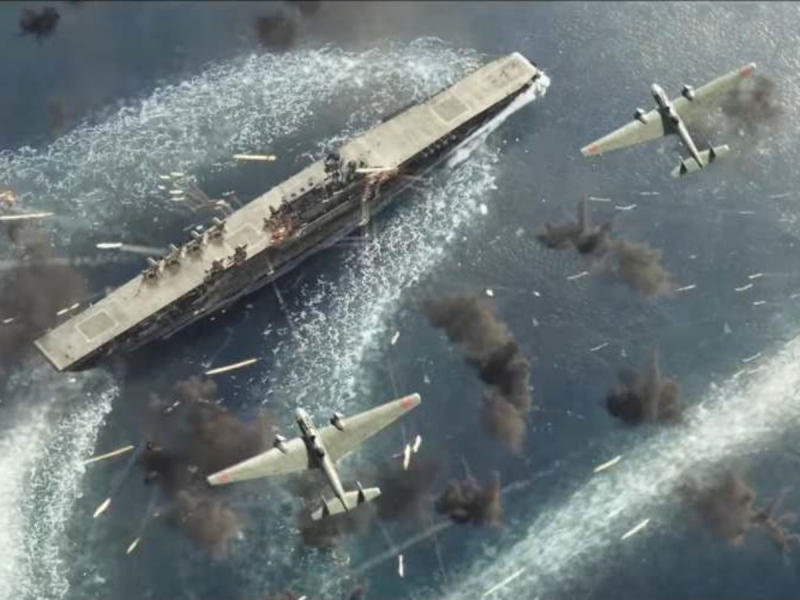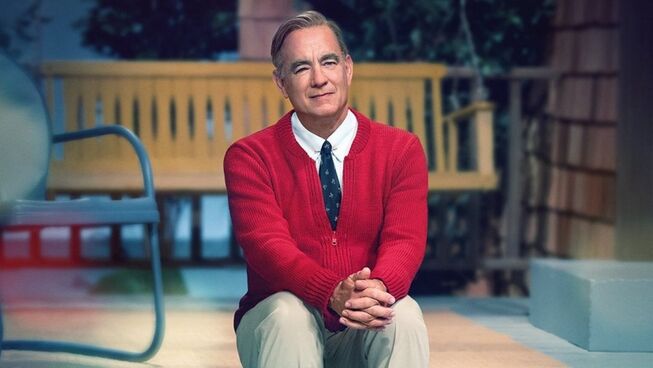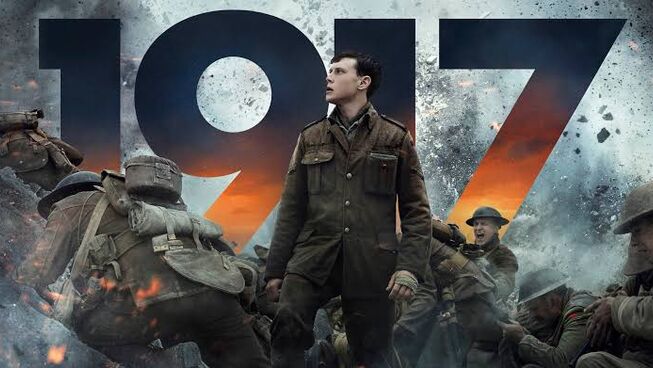
3.5 stars out of 5 stars
It is hard to imagine that we are moving towards a decade where the majority of survivors and soldiers who fought in World War II will pass into history. Since the battles of the Axis and Allies occurred, there has been a multitude of films made to commemorate the victories, losses and atrocities of this time in human antiquity. Some depict fictitious elements of the war, but many represent actual events that changed the direction of the war and determined the fate of nations. What is hard to imagine is that there are any more stories to tell, but the production team involved with Midway manages to dig up a tale worth hearing.
Director Roland Emmerich (Independence Day: Resurgence) manages to tell two sides of the impact of the bombing of Pearl Harbour and the following initiatives of the Tokyo Bay bombings and eventual battle of Midway. It portrays the real-life military personnel who were part of the intelligence community and the men who fought in the South Pacific. This movie shows how far technology has moved the armed forces of the world in the past eight decades since these battles were fought. Even though there were intelligent and gifted individuals in positions throughout the war, much of the work was based on providential events, intelligent guessing and sheer determination.
The two sides of the war effort are told through the experiences of intelligence officer Edwin T. Layton (Patrick Wilson) and Lieutenant Richard ‘Dick’ Best (Ed Skrein) of Bombing Squadron Six of the USS Enterprise. These two friends played distinctly different roles in the lead up to the battle of Midway. Layton had witnessed the disastrous impact of the intelligence failure that led to Pearl Harbour and determined that this would never happen again. He became the primary advisor to the Commander-in-chief of the US Pacific Fleet, Admiral Nimitz (Woody Harrelson). This led to him implementing a groundbreaking method of intelligence gathering that led to the tactical efforts of the Japanese fleet.
While in the South Pacific, Dick Best was an integral part of the American defence and training of pilots who were preparing for the sea campaign. Even though their technology was inferior and the majority of the crew were inexperienced in battle, these men proved that determination and chance do play a significant factor in military life. The screenplay manages to depict the tragic loss of humanity that occurred on both sides of the war effort.

Told in a manner that is reminiscent of some of the great films from this era, Emmerich captures the very essence of why these individuals are held up as heroes. The human element still manages to make its way into the dialogue and relationships with the depiction of failure and weakness added to the richness of the storytelling. By focussing on each character and what they added to the war effort it created a refreshing throwback to the ‘great generation’ and their legacy. It proves that filmmaking can still contain grittiness and gravitas without incorporating gratuitous language and violence.
‘A good man leaves an inheritance to his children's children’ Proverbs 13:22
This film leads to a surprising level of pride for those who fought in World War II. My grandfather fought in the South Pacific as a US Marine. He did not talk much about the war until later in his life, but I still cherish hearing the stories of the war and his experiences. Midway provided me with an appreciation of what those soldiers were able to achieve with limited resources. They trusted in their instincts in these other-worldly situations to survive and get home to their families. It shows the value of studying our history to appreciate our present lives and to learn that we never want to repeat these events in the future. Thank you to those who fought in the war, my grandfather for serving his country and to God for bringing him home and for allowing me to know Robert 'Bob' Matthews.





